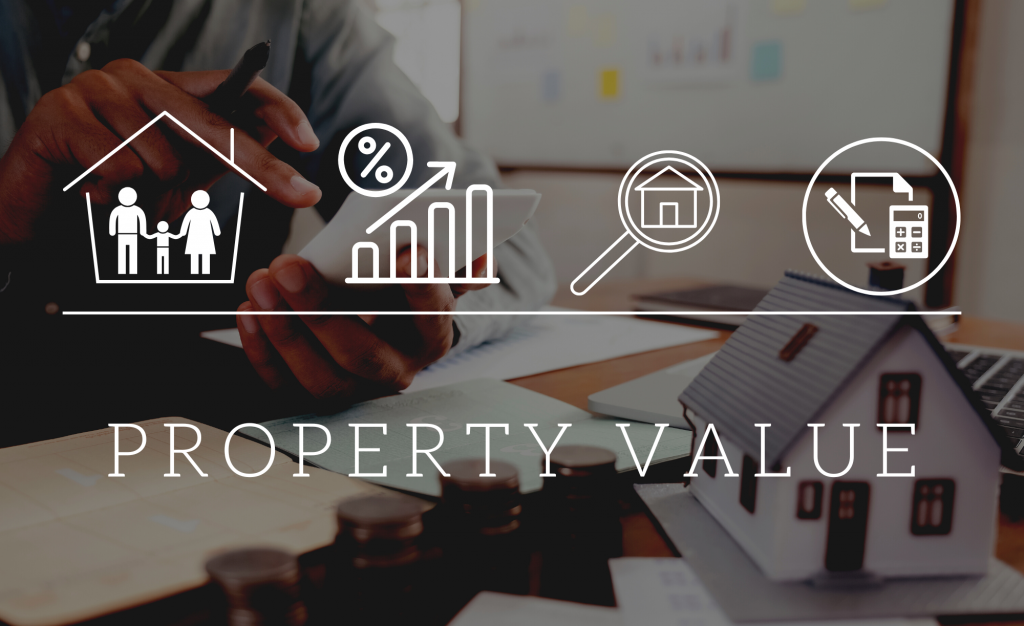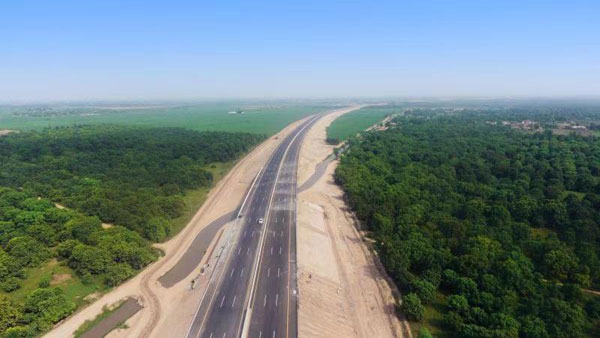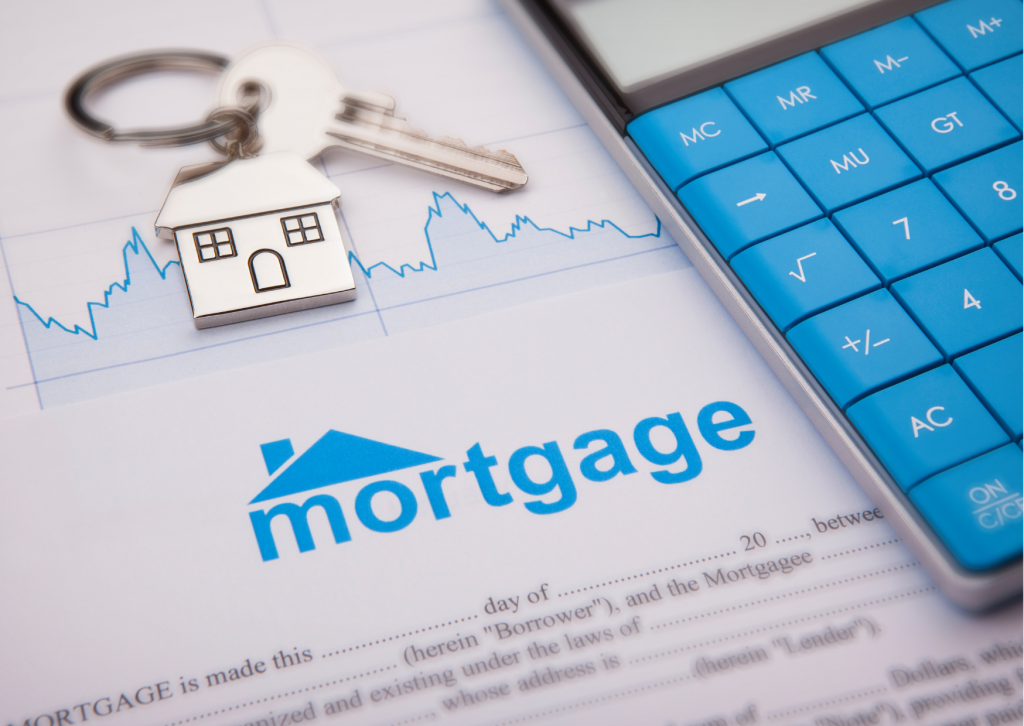For a significant proportion of the world’s population, many have never experienced a global pandemic. Individuals and organizations who never worried about the impact of human actions on the environment have seen days where issues related to climate change have become critical issues in making investment decisions. All of these have brought us to the realization that despite the advancement in technology and the widespread digital revolution, there remain certain things we cannot control.
ESG has become a significant component of decision-making by investors, governments, and policymakers. ESG is an acronym that stands for Environmental, Social and Governance. They are very important factors that have become a benchmark for decision making by investors and policymakers.
The environmental factors in ESG are geared towards the preservation of the environment and mitigating the effects of climate change. These considerations include greenhouse gas emissions, energy efficiency, water consumption, air pollution, conservation and recycling and waste management.
The social factors focus on business relations with employees, partners, business associates and the general public. These factors consider efforts made by businesses to improve the community, including company policies that protect employees, gender and human rights.
The governance factors consider practices and policies related to ethics, transparency and accountability. These factors cover the way companies deal with conflict of interest among top-level management, and how businesses ensure that stakeholders are transparent and accountable.
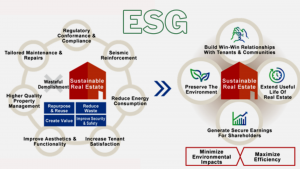
Akin to other sectors, ESG has become a key benchmark in evaluating the environmental and climatic impacts of real estate developments. Over the years, ESG factors have moved from being discretionary to becoming a business imperative which serves as a standard used to screen potential investments. Climate actions have become issues of emergency. In view of this, the role of the real estate sector in advancing ESG cannot be overemphasized. In fact, research has revealed that over 30% of all carbon emissions originate from the built environment. All professionals and individuals within the built environment have a role to play in advancing ESG factors.
This requires a change in how we perceive ESG, the actions we take and how we undertake daily activities in the line of our professional practice. In the built environment, this will require a paradigm shift in considering the materials used in construction, adopting sustainable practices in the execution of building projects from the design stage, real estate finance, the management of real estate assets and the repositioning of real estate assets. It is important that real estate professionals recognize that the most insignificant of our actions that are ignored today go a long way to impact climate change and greenhouse gas emissions. It is imperative that policymakers allocate funds to real estate projects that align with ESG factors.
In Ghana, Section 37 of the Building Code focuses on green buildings and sustainability in buildings. Also, the Bank of Ghana in collaboration with the Ghana Association of Bankers launched the Sustainable Banking Principles and Sector Guidance Notes in November 2019. Also in May 2021, Ghana’s Securities and Exchange Commission signed an agreement with the IFC to help develop green bonds in Ghana. The country has also seen developments with green building certifications by certifying authorities such as the Excellence in Design for Greater Efficiencies (EDGE), Green Star Africa (Green Building Council of South Africa – GBCSA), Leadership in Energy and Environmental Design (LEED) and Building Research Establishment Environmental Assessment Method (BREEAM). These buildings are mostly spread across the city of Accra. They include:
The Cal Bank Head Office, Rehoboth Knightsbridge, Rehoboth Palm, Crown Forest Safari and Hotel, Ghana Infectious Disease Control Centre, World Bank Group Office (Accra), Tema Port (Terminal 3), Atlantic Tower, Takoradi Mall, MBU at Komfo Anokye Teaching Hospital, One Airport Square, RIDGE Hospital, among others.
Notwithstanding, it is worth mentioning that many of these developments are commercial developments. There remains much to be done in ensuring that the residential sector meets ESG requirements, especially because the country’s residential sector is the largest real estate sub-sector.
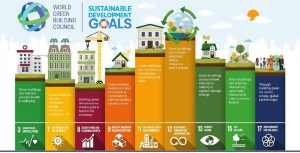
Author: Makafui Kuffo



